[Anchor]
The Trump administration emphasizes rapid tariff negotiations because it needs results to reverse the deteriorating public opinion.
On the surface, the Trump administration boasts of its achievements in the first 100 days and takes a hardline stance against China, but it has also taken a step back by easing tariffs on auto parts.
This is Kim Ji-sook reporting from Washington.
[Report]
President Trump touted his first 100 days as the most successful.
He claimed that the world is coming to the U.S. to negotiate, and pressured that if negotiations drag on, he would unilaterally impose tariffs.
He also argued that a 145% tariff on China is justified in response to China's retaliation against the U.S.
[Donald Trump / President of the United States: "You finally have a champion for workers in the White House, and instead of putting China first, I'm putting Michigan first."]
He refuted concerns that tariffs on China would ultimately raise prices in the U.S.
He claimed that Chinese companies would absorb the tariffs by lowering their export prices.
[Donald Trump / President of the United States: "You don't know whether or not China will... (But that's mathematics.) China probably will eat those tariffs."]
However, Trump has eased tariffs on auto parts, taking a step back.
For a $10,000 car assembled in the U.S. this year, he will exempt tariffs on 15%, or $1,500 worth of parts, which are subject to a 25% tariff.
Next year, the exemption benefits will decrease, urging companies to quickly move their parts supply chains to the U.S.
This measure reduces the tariff burden for domestic companies with factories in the U.S., such as Hyundai, and for domestic parts manufacturers exporting to the U.S.
As President Trump takes a step back from his hardline policies, the Korean automotive industry can breathe a sigh of relief for now.
However, the challenges of dealing with back and forth tariffs and uncertainty remain.
This is Kim Ji-sook from KBS News in Washington.
The Trump administration emphasizes rapid tariff negotiations because it needs results to reverse the deteriorating public opinion.
On the surface, the Trump administration boasts of its achievements in the first 100 days and takes a hardline stance against China, but it has also taken a step back by easing tariffs on auto parts.
This is Kim Ji-sook reporting from Washington.
[Report]
President Trump touted his first 100 days as the most successful.
He claimed that the world is coming to the U.S. to negotiate, and pressured that if negotiations drag on, he would unilaterally impose tariffs.
He also argued that a 145% tariff on China is justified in response to China's retaliation against the U.S.
[Donald Trump / President of the United States: "You finally have a champion for workers in the White House, and instead of putting China first, I'm putting Michigan first."]
He refuted concerns that tariffs on China would ultimately raise prices in the U.S.
He claimed that Chinese companies would absorb the tariffs by lowering their export prices.
[Donald Trump / President of the United States: "You don't know whether or not China will... (But that's mathematics.) China probably will eat those tariffs."]
However, Trump has eased tariffs on auto parts, taking a step back.
For a $10,000 car assembled in the U.S. this year, he will exempt tariffs on 15%, or $1,500 worth of parts, which are subject to a 25% tariff.
Next year, the exemption benefits will decrease, urging companies to quickly move their parts supply chains to the U.S.
This measure reduces the tariff burden for domestic companies with factories in the U.S., such as Hyundai, and for domestic parts manufacturers exporting to the U.S.
As President Trump takes a step back from his hardline policies, the Korean automotive industry can breathe a sigh of relief for now.
However, the challenges of dealing with back and forth tariffs and uncertainty remain.
This is Kim Ji-sook from KBS News in Washington.
■ 제보하기
▷ 카카오톡 : 'KBS제보' 검색, 채널 추가
▷ 전화 : 02-781-1234, 4444
▷ 이메일 : kbs1234@kbs.co.kr
▷ 유튜브, 네이버, 카카오에서도 KBS뉴스를 구독해주세요!
- Trump boasts trade negotiations
-
- 입력 2025-05-01 04:55:02
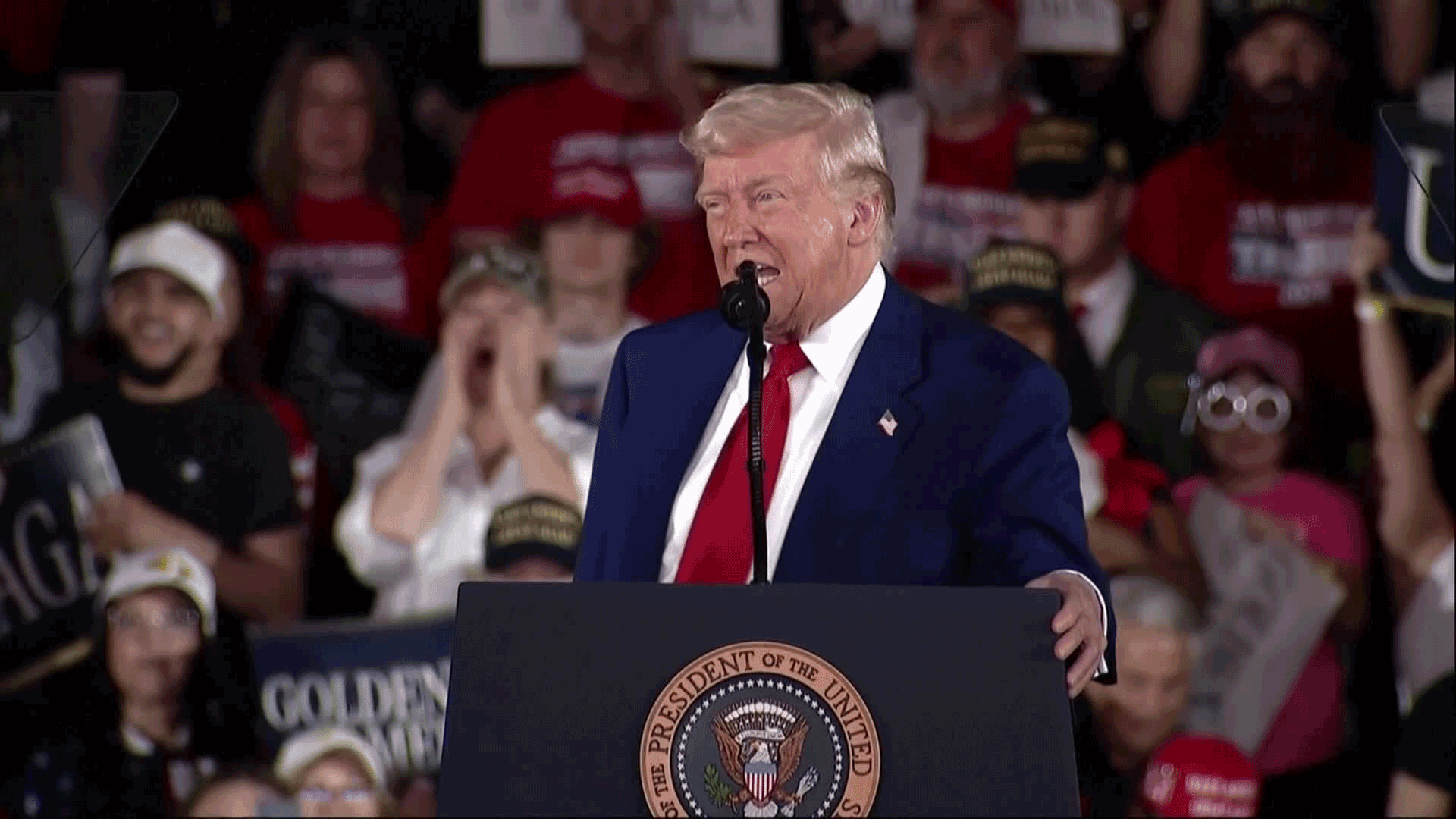
[Anchor]
The Trump administration emphasizes rapid tariff negotiations because it needs results to reverse the deteriorating public opinion.
On the surface, the Trump administration boasts of its achievements in the first 100 days and takes a hardline stance against China, but it has also taken a step back by easing tariffs on auto parts.
This is Kim Ji-sook reporting from Washington.
[Report]
President Trump touted his first 100 days as the most successful.
He claimed that the world is coming to the U.S. to negotiate, and pressured that if negotiations drag on, he would unilaterally impose tariffs.
He also argued that a 145% tariff on China is justified in response to China's retaliation against the U.S.
[Donald Trump / President of the United States: "You finally have a champion for workers in the White House, and instead of putting China first, I'm putting Michigan first."]
He refuted concerns that tariffs on China would ultimately raise prices in the U.S.
He claimed that Chinese companies would absorb the tariffs by lowering their export prices.
[Donald Trump / President of the United States: "You don't know whether or not China will... (But that's mathematics.) China probably will eat those tariffs."]
However, Trump has eased tariffs on auto parts, taking a step back.
For a $10,000 car assembled in the U.S. this year, he will exempt tariffs on 15%, or $1,500 worth of parts, which are subject to a 25% tariff.
Next year, the exemption benefits will decrease, urging companies to quickly move their parts supply chains to the U.S.
This measure reduces the tariff burden for domestic companies with factories in the U.S., such as Hyundai, and for domestic parts manufacturers exporting to the U.S.
As President Trump takes a step back from his hardline policies, the Korean automotive industry can breathe a sigh of relief for now.
However, the challenges of dealing with back and forth tariffs and uncertainty remain.
This is Kim Ji-sook from KBS News in Washington.
The Trump administration emphasizes rapid tariff negotiations because it needs results to reverse the deteriorating public opinion.
On the surface, the Trump administration boasts of its achievements in the first 100 days and takes a hardline stance against China, but it has also taken a step back by easing tariffs on auto parts.
This is Kim Ji-sook reporting from Washington.
[Report]
President Trump touted his first 100 days as the most successful.
He claimed that the world is coming to the U.S. to negotiate, and pressured that if negotiations drag on, he would unilaterally impose tariffs.
He also argued that a 145% tariff on China is justified in response to China's retaliation against the U.S.
[Donald Trump / President of the United States: "You finally have a champion for workers in the White House, and instead of putting China first, I'm putting Michigan first."]
He refuted concerns that tariffs on China would ultimately raise prices in the U.S.
He claimed that Chinese companies would absorb the tariffs by lowering their export prices.
[Donald Trump / President of the United States: "You don't know whether or not China will... (But that's mathematics.) China probably will eat those tariffs."]
However, Trump has eased tariffs on auto parts, taking a step back.
For a $10,000 car assembled in the U.S. this year, he will exempt tariffs on 15%, or $1,500 worth of parts, which are subject to a 25% tariff.
Next year, the exemption benefits will decrease, urging companies to quickly move their parts supply chains to the U.S.
This measure reduces the tariff burden for domestic companies with factories in the U.S., such as Hyundai, and for domestic parts manufacturers exporting to the U.S.
As President Trump takes a step back from his hardline policies, the Korean automotive industry can breathe a sigh of relief for now.
However, the challenges of dealing with back and forth tariffs and uncertainty remain.
This is Kim Ji-sook from KBS News in Washington.
-
-

김지숙 기자 jskim84@kbs.co.kr
김지숙 기자의 기사 모음
-
이 기사가 좋으셨다면
-
좋아요
0
-
응원해요
0
-
후속 원해요
0










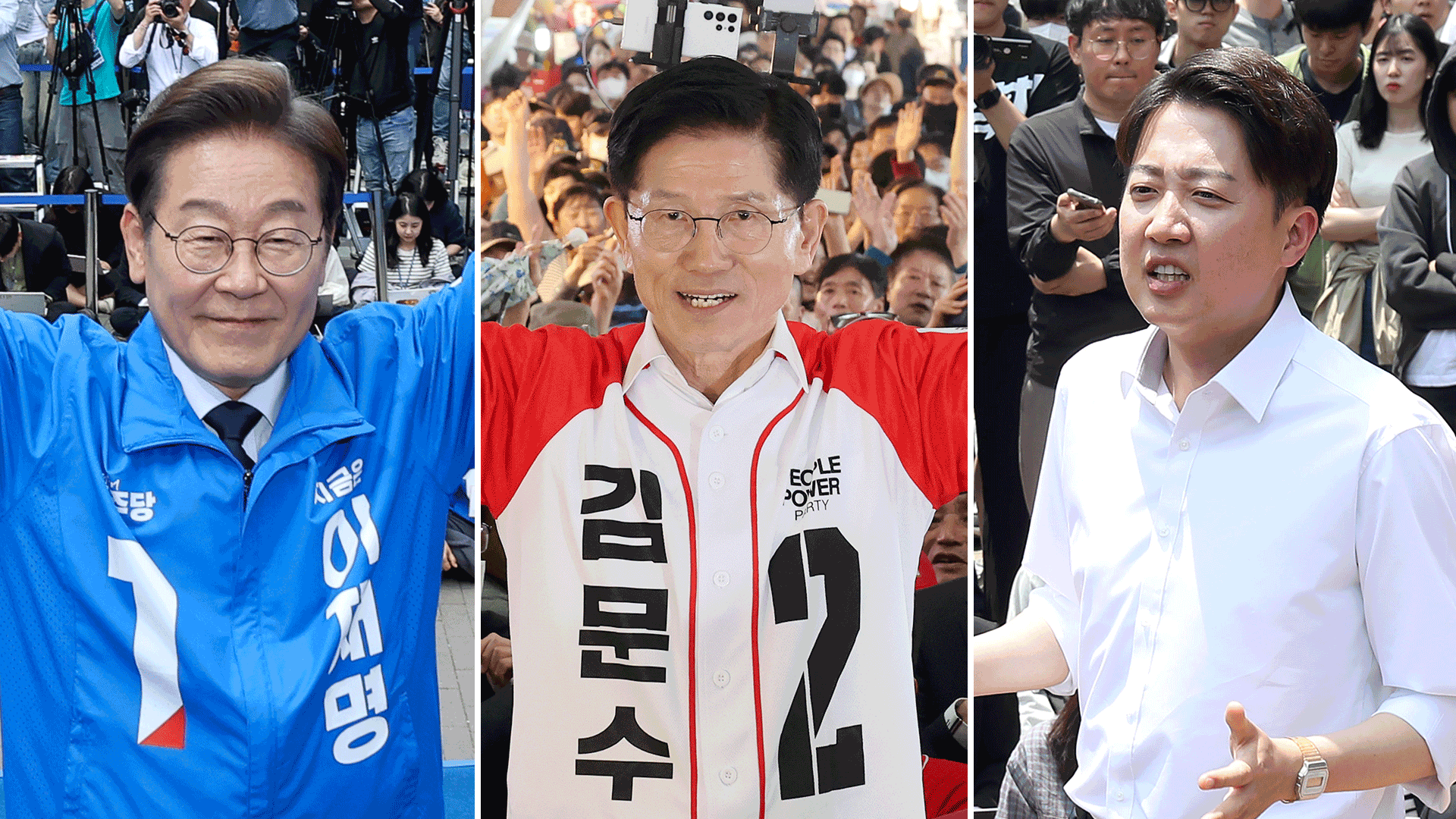
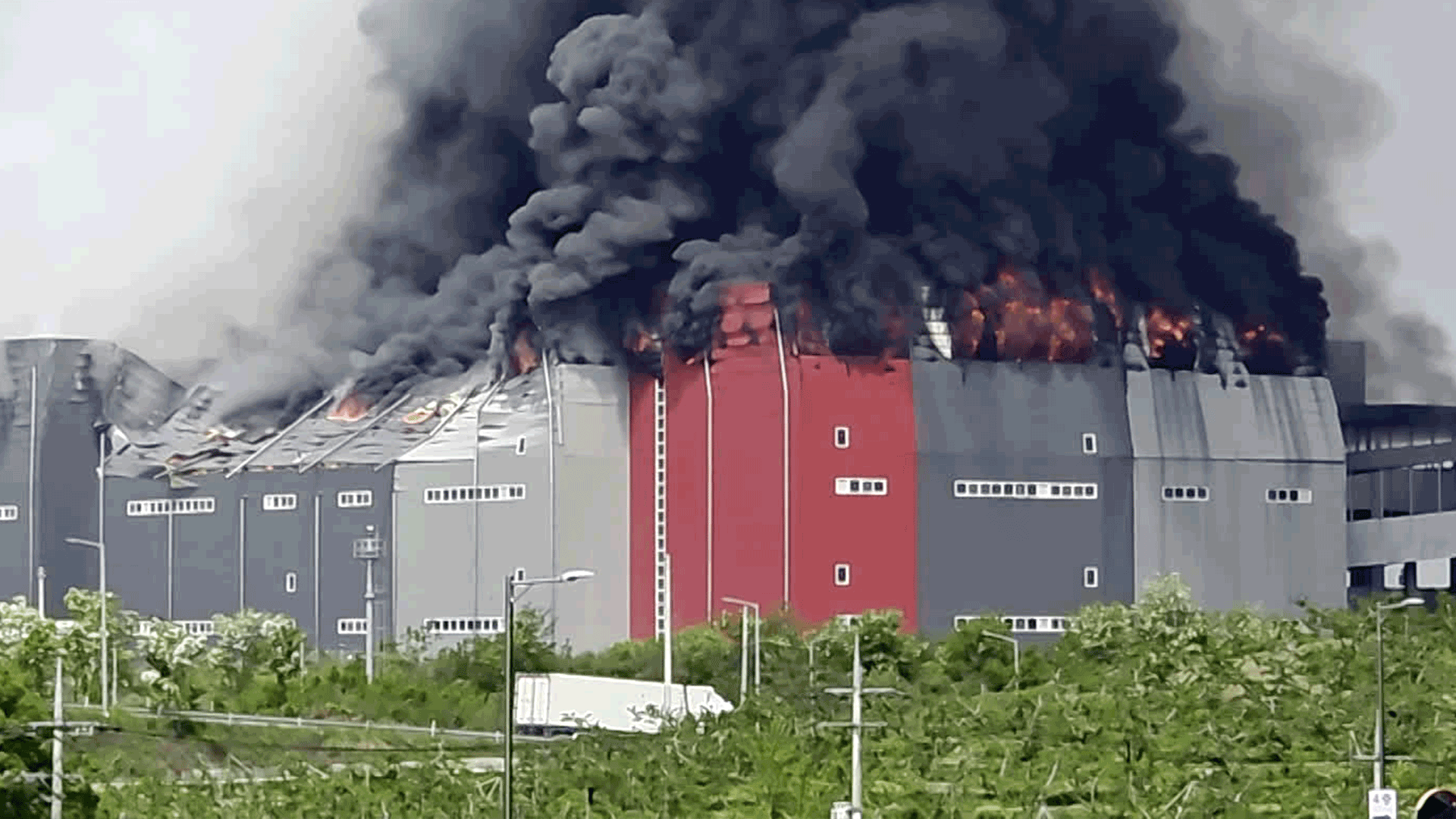
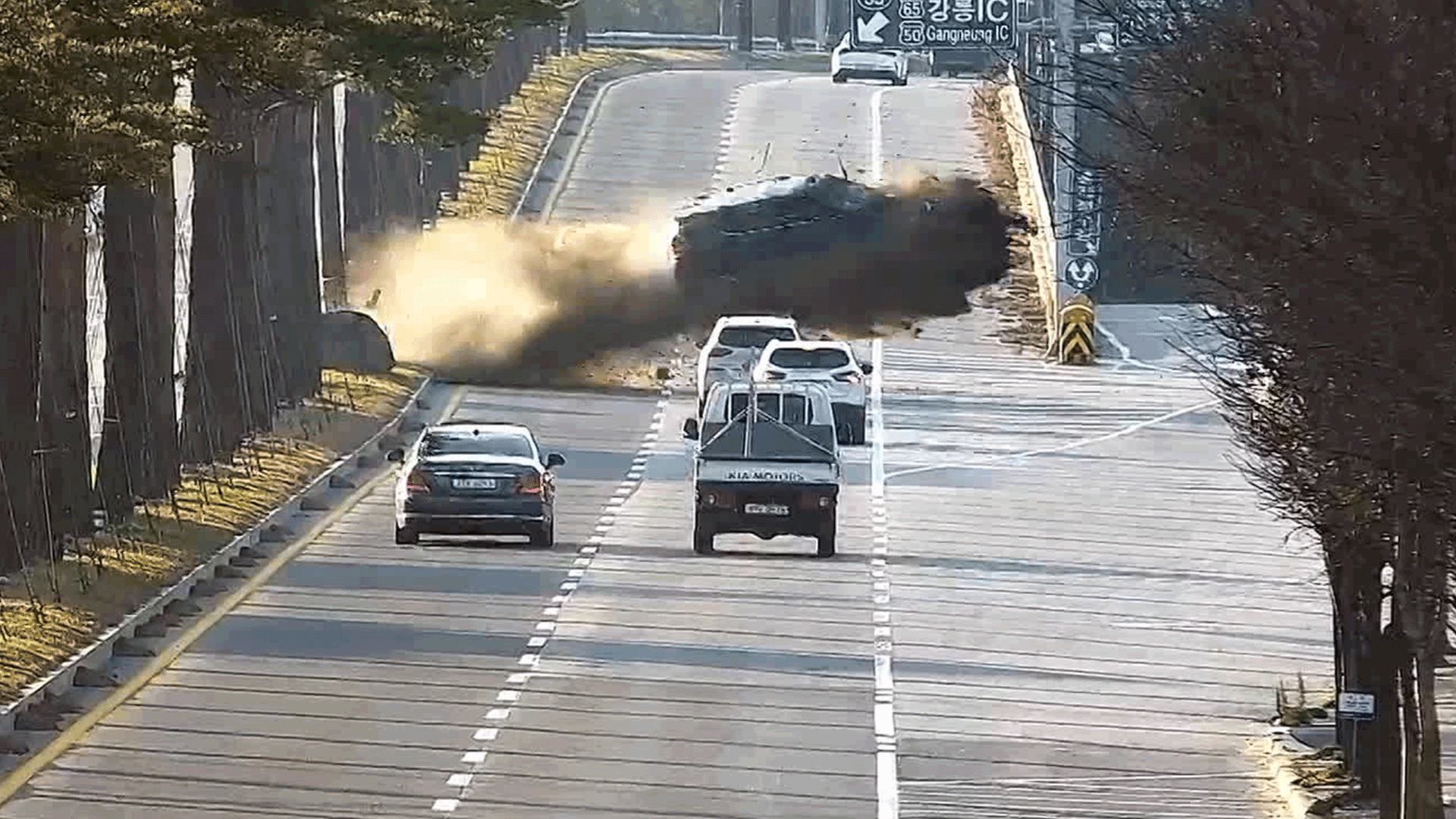
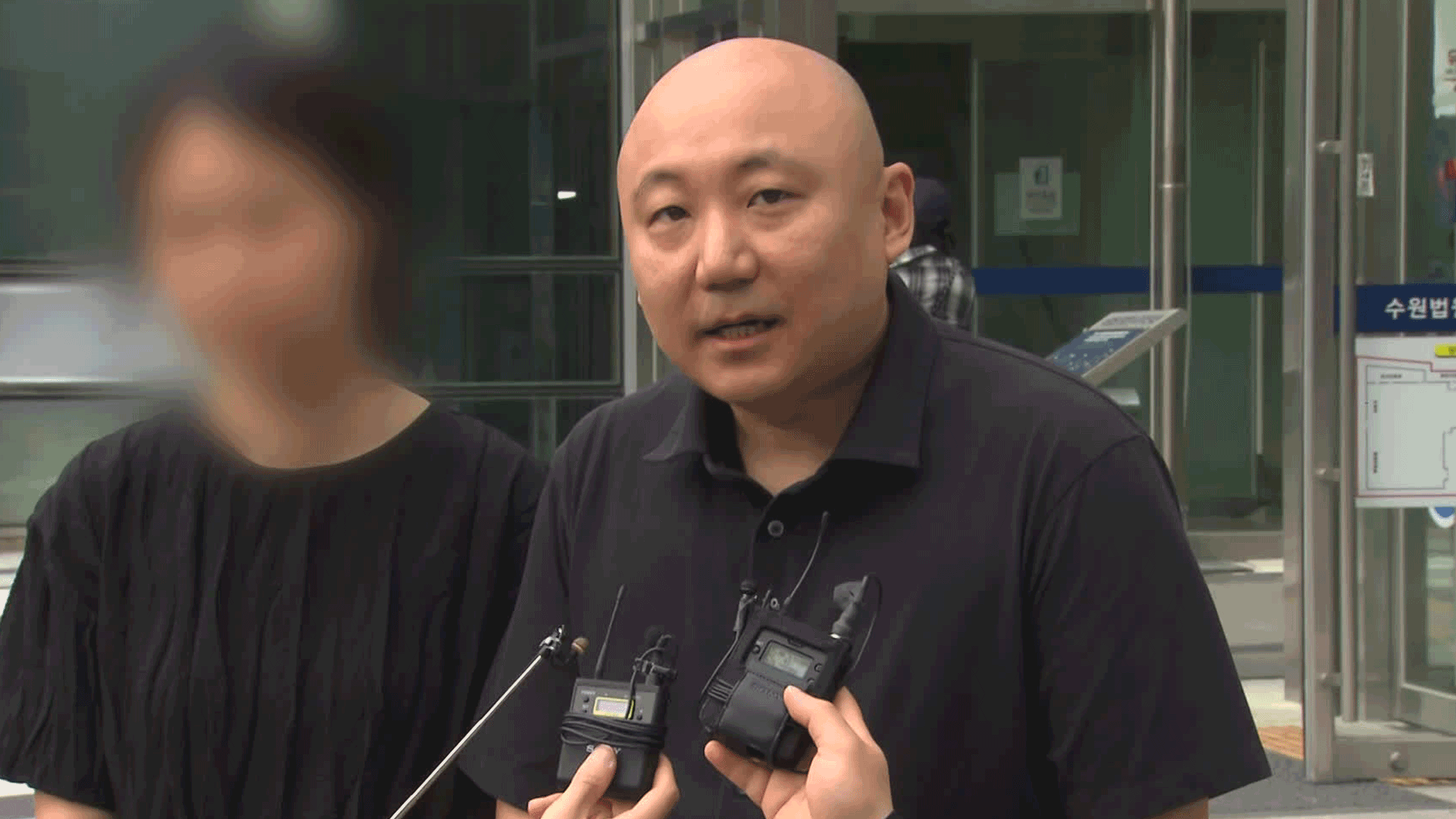

이 기사에 대한 의견을 남겨주세요.